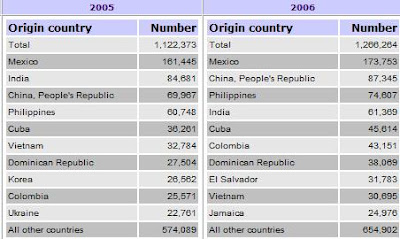Taken from: http://www.linktosacred.com/sitebuildercontent/sitebuilderpictures/blend.gif
The history of Europe one of the most awesome and interesting of the entire world. The ancient cultures and empires have the power of involving everyone and wake a huge interest in learning more and more about them. The most acient cultures in Europe are the Roman Empire, Holy Roman Empire, Greece and the British Empire.
The Greek influency is one of the most known around the world. They left us traditions in politics (Democracy), religion, sports (Olympic Games!!!), rethorics, maths and many other topics; they also were the creators of the philosophy and were the first who argued and predicated in the entire world.
Alexander the Great was one of the most illustrated characters of the ancient ages, his tutor was Aristotle and he was the grates representation in the polis during the Peloponessian War conflict in which were fighting Athens and Sparta the biggest "polis" or cities in Ancient Greece.
In the other hand we have the Roman Empire. It was ubicated in the italian peninsula that was full of tribes who always fought for their independence and their own territories. They even fought with the greeks that wanted their territories. Palestine was in that time an Italian territory and by the year of 395 CE the Roman Empire was dividen in two: Western Empire (Italy, Britania, Gaul, Spain and North Africa) their official language was the latin!, and the Eastern Empire (Egypt, Minor Asia, Greece, Macedonia and Palestine) they spoked Greek! but both of them shared the same religion: Christianism.
In 814 the Empire fell apart and was dividen in three kingdoms: France, Italy and Germany.
Question: Which is the most important Roman Empire legacy?
The Empire contributed many things to the world, such as the (more-or-less) modern calendar, the institutions of Christianity and aspects of modern neo-classicistic architecture. The extensive system of roads, which were constructed by the Roman Army, still last to this day. Because of this network of roads, the amount of time necessary to travel between destinations in Europe did not decrease until the 19th century after the invention of steam power.
The Roman Empire also contributed its form of government, which influences various constitutions including those of most European countries, and that of the United States, whose framers remarked, in creating the Presidency, that they wanted to inaugurate an "Augustan Age." The modern world also inherited legal thinking from the Roman law, codified in Late Antiquity. Governing a vast territory, the Romans developed the science of public administration to an extent never before conceived nor necessary, creating an extensive civil service and formalized methods of tax collection. The western world today derives its intellectual history from the Greeks, but it derives its methods of living, ruling and governing from those of the Romans.
Taken from: http://www.eknowledge.org/roman-empire/roman-empire-legacy.html



